About
Our project examines ‘brainwashing’ in the Cold War for the roles, real and imagined, played by psychologists, psychiatrists and psychoanalysts. We ask how these disciplines pictured tyranny and freedom of mind, were drawn into ‘psy warfare’ and commerce, and were mobilised in social and political critique.
The reputations of the ‘psy’ professions – and the status of their ideas – were altered by controversies, myths and testimonies about ‘brainwashing’ in its various guises during the Cold War. Our project uncovers new source materials and promotes original analyses of the involvement (real and perceived) of clinicians in brainwashing and its cognate practices of interrogation, psychological warfare, subliminal advertisement, and therapeutic experimentation. We consider what ethical guidelines and safeguards, past or present, have been formulated to deal with the dangers of mind control so powerfully articulated during the Cold War.
By exploring these historical debates over mind control and their continuing legacies for psy expertise, Hidden Persuaders offers timely historical analysis of continuing present-day controversies. The language of ‘brainwashing’ continues to influence, in diverse and unexpected ways, present understanding of the relationship between the individual and the state; the nature of the therapeutic encounter between patient and psy-professional; and the borderlands between education, persuasion and indoctrination.
This project is made possible by a Senior Investigator Award from the Wellcome Trust.
People
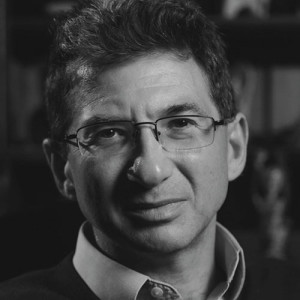
Daniel Pick
Daniel Pick is Professor of History in the Department of History, Classics and Archaeology at Birkbeck and the Senior Investigator in the Hidden Persuaders project. He is also a psychoanalyst and Fellow of the British Psychoanalytical Society. He has written on the history of psychoanalysis, psychology and psychiatry; the relationship of Freudian thought to historiography; evolutionary theory and the idea of degeneration, eugenics and social Darwinism; modern ideas of war; the myth of Svengali; cultural attitudes to crime and madness in the Victorian period. His publications include, as editor (with Matt ffytche) Psychoanalysis in the Age of Totalitarianism (2016), Psychoanalysis: A Very Short Introduction (2015), The Pursuit of the Nazi Mind: Hitler, Hess, and the Analysts (2012), Rome or Death: The Obsessions of General Garibaldi (2005), as editor (with Lyndal Roper), Dreams and History: The Interpretation of Dreams from Ancient Greece to Modern Psychoanalysis (2004), and Faces of Degeneration: A European Disorder, c. 1848-1918 (1989). He is an editor of History Workshop Journal, for which he co-edited a feature on ‘Denial in History‘ with Catherine Hall in 2017, including an essay, ‘Thinking About Denial‘. His most recent publication (with Marcia Holmes) is ‘Voices Off: Stanley Milgram’s Cyranoids in Historical Context’, History of the Human Sciences (2019). He is also a member of the advisory board of Psychoanalysis and History and Cambridge Studies in Nineteenth-Century Literature and Culture, and the editorial board of the New Library of Psychoanalysis.
Contact: d.pick@bbk.ac.uk
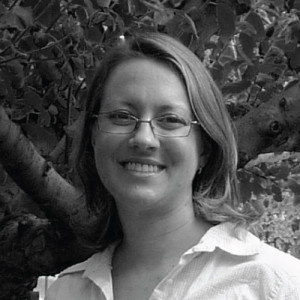
Marcia Holmes
Marcia Holmes recently completed her role as post-doctoral researcher on the Hidden Persuaders project, and is now a fellow in Birkbeck’s Department of History, Classics and Archaeology. Dr Holmes’s research brings together histories of behavioural science, the military, and technology to assess how concepts of human mind were shaped by the twentieth century’s expanding military-industrial-academic complex. In 2014 she completed her PhD at the University of Chicago in Conceptual and Historical Studies of Science, and in 2012-2013 she was the NASA-American Historical Association Fellow in Aerospace History. As a member of the Hidden Persuaders, she has published and given public talks on the changing cultural representations of brainwashing during the Cold War. She is currently writing a book on how behavioural scientists came to study techniques of interrogation in the 1950s and after. It explores how some behavioural scientists investigated the use of drugs, hypnosis, sensory manipulation and other forms of coercion, while others developed non-coercive techniques that would benefit not only interrogators but social scientists, social workers and psychotherapists. Her most recent publication (with Daniel Pick) is ‘Voices Off: Stanley Milgram’s Cyranoids in Historical Context’, History of the Human Sciences (2019).
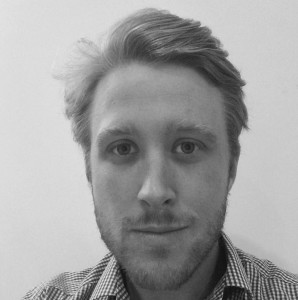
Charles Williams
Charlie Williams completed his PhD as part of the Hidden Persuaders project in 2018. His research explores the relationship between Cold War brainwashing theories and approaches to clinical and experimental psychiatry in the 1950s and ’60s. Charlie previously completed his undergraduate and masters degrees in the History of Science, Medicine and Technology at the University of Manchester. He is now a postdoctoral researcher on the Solitudes: Past and Present project at Queen Mary, University of London.
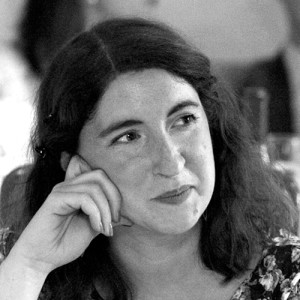
Katie Joice
Katie Joice is a PhD student at Birkbeck. Her thesis examines the use of visual methodologies — such as cinematic microanalysis, play therapy and children’s artwork — in postwar child psychoanalysis and child psychiatry. She also has a strong interest in the history of radical psychiatry in Britain and Italy. Katie has an MA in Intellectual and Cultural History from the University of London and has worked for several years as a researcher and curator.
Contact: kjoice01@mail.bbk.ac.uk
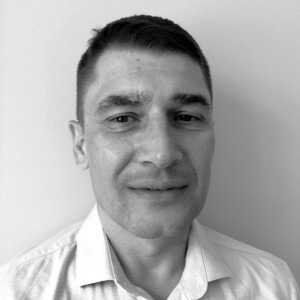
Ian Magor
Ian Magor completed his PhD as part of the Hidden Persuaders project in 2020. His research looks at the shared discourses of race and brainwashing in mid-20th-century America; particularly how they permeated, and were given a voice by, mainstream cinema. As part of that research he has made many short films which can be found here.
Contact: i.magor@bbk.ac.uk
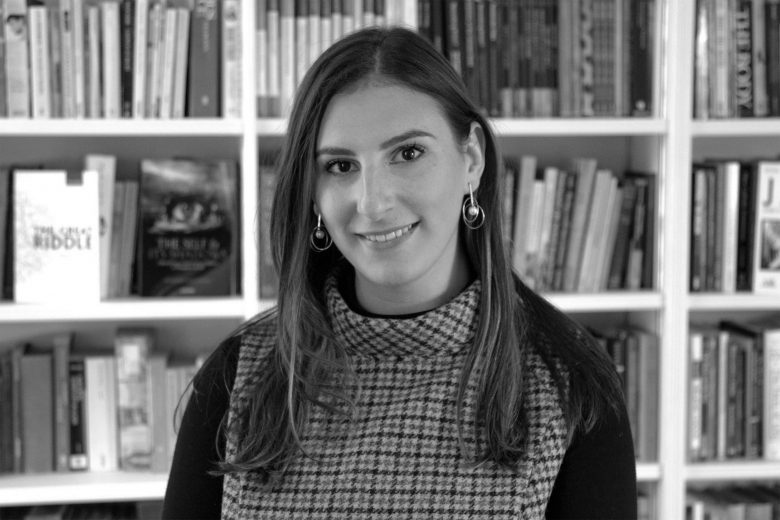
Naomi Richman
Naomi Richman is a postdoctoral researcher for the Hidden Persuaders project. She completed her doctorate, titled ‘Sex and the Spirit: Embodiment and Sexual Difference in a Global Deliverance Movement’ at the University of Oxford in 2020. Her thesis explored the Pentecostal movement in African Christianity, analysing understandings of selfhood, sexuality and embodiment. Her publications include articles in the Journal of World Christianity, the Journal of Religion in Africa, the International Journal of Philosophy and Theology, and the Journal of Contemporary Religion. Naomi’s expertise on witchcraft, exorcism and sexuality has brought her into close collaboration with the Metropolitan Police, the NHS and numerous charities to provide specialist advice on spiritual abuse.
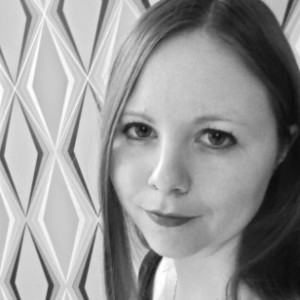
Sarah Marks
Sarah Marks joined the Hidden Persuaders project as a post-doctoral researcher in October 2016 and is now Lecturer in Modern History at Birkbeck, funded by a UKRI Future Leaders Fellowship. She completed her PhD at University College London in 2015, and held a research fellowship at Murray Edwards College, University of Cambridge between 2014 and 2016. Her research has reconstructed how mental health and illness were understood and treated in the Soviet sphere, how psy-professionals interacted with the regime, and how psychological knowledge and practice became useful for the project of building socialism and ‘winning hearts and minds’. This research underpins her forthcoming monograph, Captive Minds: Mental Health, Madness and Mind Control in Cold War Czechoslovakia. Her publications include Psychiatry in Communist Europe, co-edited with Mat Savelli (Palgrave, 2015), articles in History Workshop Journal and Cahiers du monde russe, and she is Reviews Editor and an editorial board member for History of the Human Sciences. From May 2019 she is leading a project on the history of cognitive and behavioural therapies since 1948.
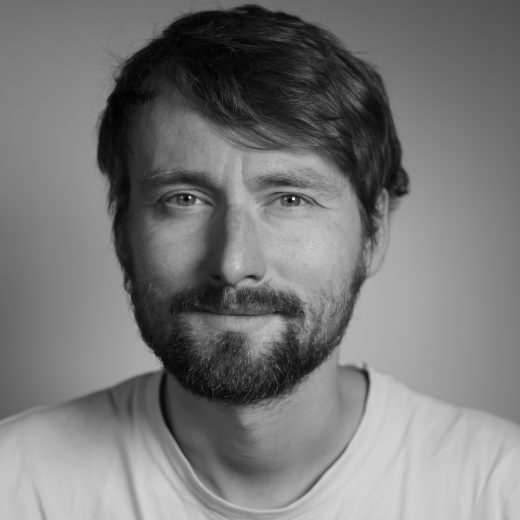
Bartek Dziadosz
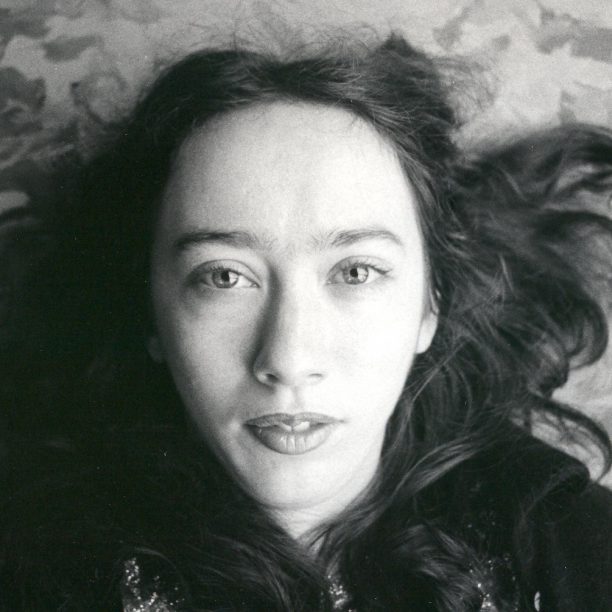
Lizzie Burns
Lizzie Burns is engagement consultant on the Hidden Persuaders project working with schools and the Derek Jarman Lab. Following a doctorate and research Fellowship in cancer research at the University of Oxford, Lizzie became a full-time science-based artist in 2002. Lizzie creates her own artwork exploring the beauty and wonder of the body, while also running workshops and events to inspire people of all ages to get creative. The brain has been a central theme including ‘Build-a-brain’ workshops and illustrations for ‘The brain as a tool’. Lizzie’s work with adults in hospitals has led to her insight that boredom has been a poorly acknowledged suffering for the mind together with ways to help. Publications include an Opinion piece for the British Medical Journal, and background reading for Hidden Persuaders led to an article for BMJ Supportive and Palliative Care: ‘Elephant in the ward: boredom in hospitals’. Lizzie has started the Anti-boredom Campaign and is a member of the British Origami Society.
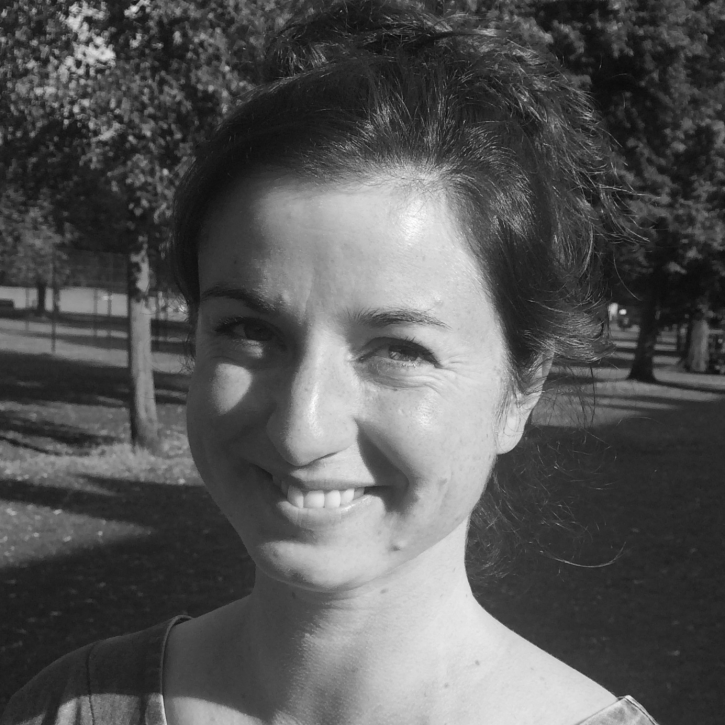
Emma Smith
Emma Smith is a visual artist based in the UK and works internationally. She has a social practice and creates public platforms for experimentation, research and action through site-specific events and installations. Smith’s work tests the boundaries of human connectivity: relationship, communication, sense of place and entanglement. Her work looks in particular at hidden forms of connection: the intimate, the transient, the subconscious and the invisible. Previous exhibitions and commissions include Tate Modern, Barbican, Whitechapel Gallery, Bluecoat, Whitworth, ICA and Arnolfini, UK, with international projects across the globe.
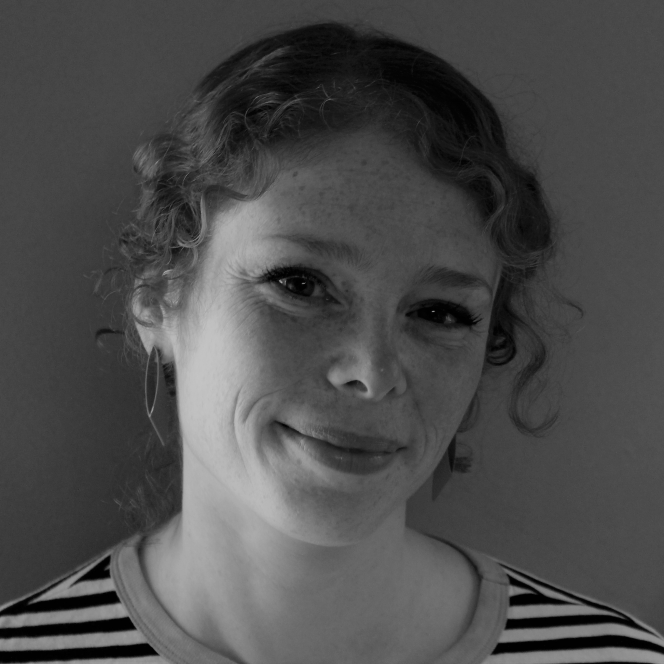
Rachel Fleming-Mulford
Rachel Fleming-Mulford is a curator specialising in research-led practices and site-specific art commissioning. Current projects include Wunderblock, featuring the work of Emma Smith, which opens at Freud Museum London in 2019 and is part of the Hidden Persuaders research project funded by Wellcome. As a curator of commissions, Rachel has worked with artists including Claire Barclay, Hew Locke, Heather and Ivan Morison, Simon Roberts, Emma Smith, and poet Dorothea Smartt (Tideway). Exhibitions include solo shows of the work of David Bomberg and Dorothy Mead (London South Bank University), as well as managing Louise Bourgeois: The Return of the Repressed (Freud Museum London), the first UK showing of the artist’s newly discovered psychoanalytic writings, for which she also curated the public programme. She has worked with organisations ranging from Beaconsfield Gallery Vauxhall to Tate and from 2012 to 2015 mentored emerging and mid-career artists through an ERDF-funded initiative run by SPACE Studios, with Cockpit Arts, Four Corners and Photofusion. She holds an MA in Contemporary British Art from the Courtauld Institute.

Nasheed Qamar Faruqi
Nasheed Qamar Faruqi is a screenwriter and director who makes both documentaries and fiction. Her first documentary, “David Hawkins: A Battle of the Mind” (made in 2017 for the Hidden Persuaders Group) was nominated as AHRC research film of the year. She completed an MFA as a Directing Concentrate from the Film Program at Columbia University’s School of the Arts where she held a FOCUS Fellowship. Before that, she worked in production and development for Merchant Ivory Productions on films such as “Le Divorce” (James Ivory, 2003), “The Golden Bowl” (James Ivory, 2000) and the “Mystic Masseur” (Ismail Merchant, 2001). Nasheed holds an MA in Literature, Culture & Modernity from QMUL and an undergraduate degree in English from Wadham College, Oxford. In 2015/2016, she was selected as an Arts Council of England Fellow on the Clore Leadership Programme. In 2017/2018 she was selected for Widening the Lens at the Encounters Film Festival. She is developing her first feature, People Are Strange with iFeatures and Dorothy Street Pictures.
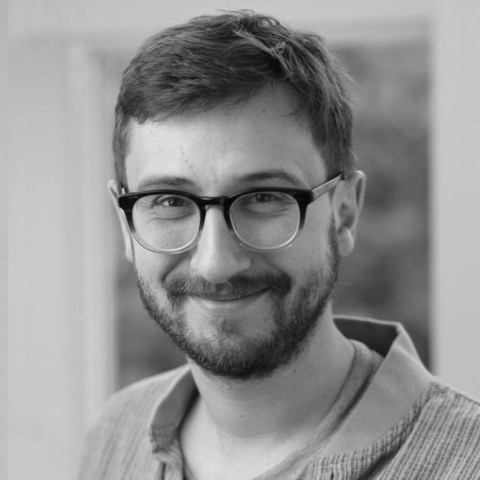
Eddie Bolger
Eddie Bolger is a filmmaker working across documentary, fiction, and educational productions. As a producer at the Derek Jarman Lab, he collaborates on ongoing essay film projects, as well as working on commissions for Birkbeck and for external organisations such as the BBC, and the Leverhulme Trust. He studied English Literature at the University of Cambridge, and Humanities and Cultural Studies at the London Consortium.
![LF-portrait-2017_1mb[60] copy LF-portrait-2017_1mb[60] copy](http://www7.bbk.ac.uk/hiddenpersuaders/wp-content/uploads/2021/08/LF-portrait-2017_1mb60-copy-520x520.jpg)
Lily Ford
Lily Ford is a filmmaker and historian. She wrote her PhD and first book, Taking to the Air, on the cultural history of flight in Britain. She co-founded the Derek Jarman Lab at Birkbeck, producing its first feature-length documentary The Seasons in Quincy: Four Portraits of John Berger in 2016. She has made several research documentaries for the Hidden Persuaders project (among them Chasing the Revolution: Marie Langer, Psychoanalysis and Society, 2021), as well as others funded by the AHRC, the Paul Mellon Centre and the Leverhulme Trust. She teaches filmmaking with the Derek Jarman Lab and is interested in the evolving form of the digital essay film.


